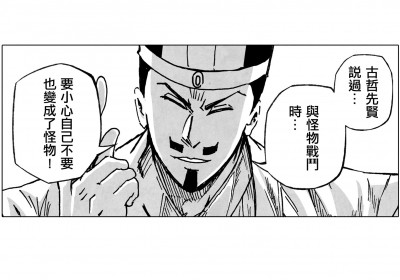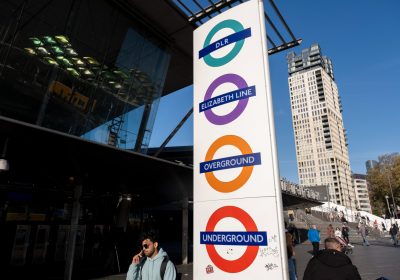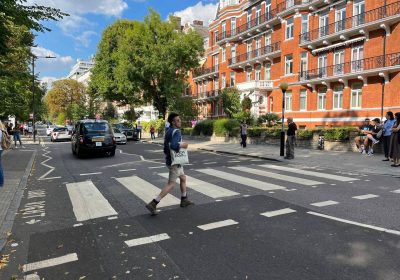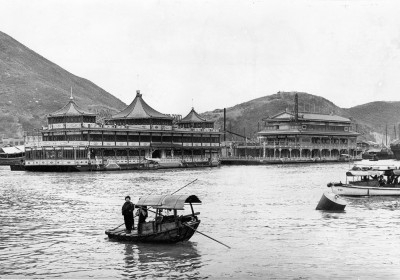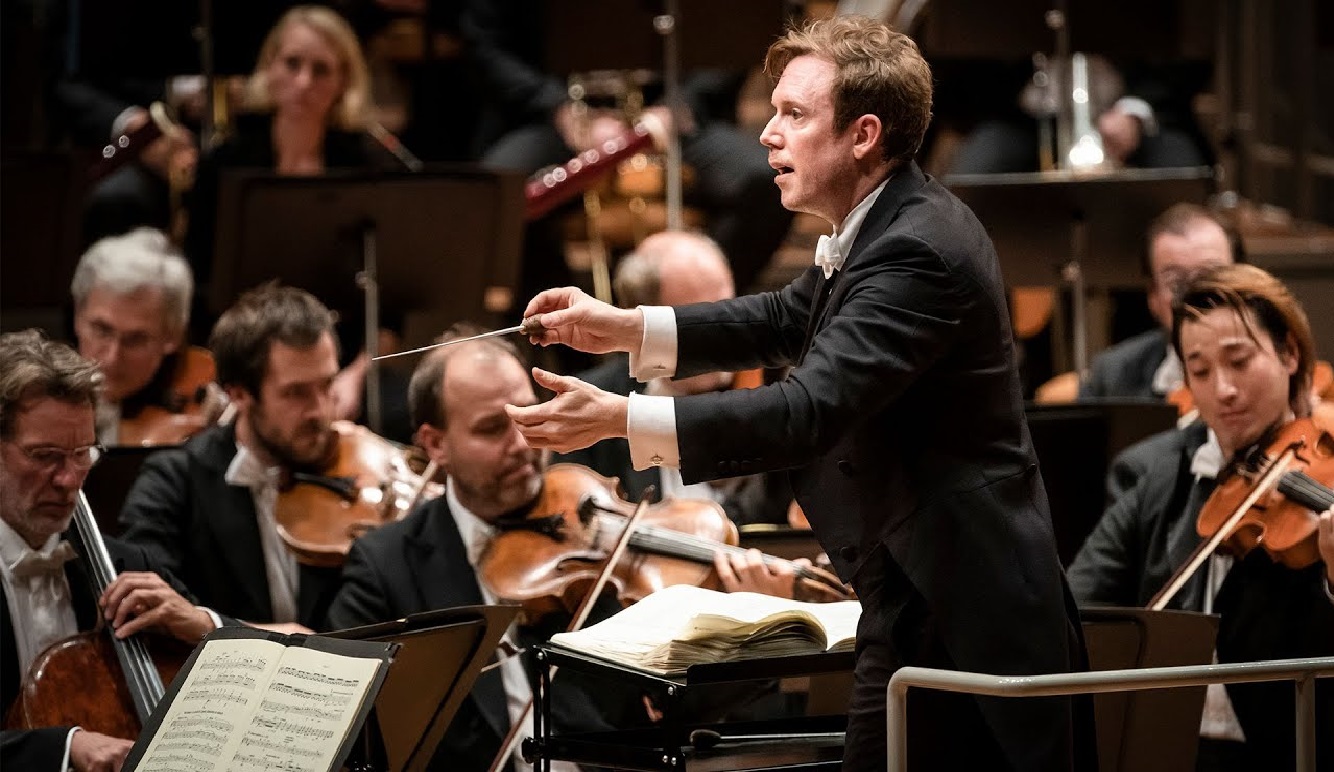
(翻譯內容以英文版本為準)
2019 年 9 月是我在柏林作為訪問學者的最後一個月,有幸獲邀出席兩場柏林愛樂樂團的音樂會。我自 2018 年夏天來到柏林,期間幾乎看遍所有柏林愛樂的演出,自覺了解這支交響樂團的獨特與優越之處。不過,看完這兩場演出,方知自己實在大錯特錯!
9 月 13 日,柏林愛樂樂團的資深中提琴樂手、一位我甚為敬重的前輩 Walter Küssner 邀請我出席當晚的演奏會,更答應給我一張絕無僅有的特別門票。音樂會只表演一首罕為人知的作品 —— 法國作曲家白遼士(Hector Berlioz)的「羅密歐與茱麗葉」。
雖然已經去過多次柏林愛樂廳的後台,但置身於音樂會演出前的後台,絕對是前所未有的體驗。我認識的樂團專業樂手,在台上雖然神情認真而且極度專注,但在後台則十分放鬆,舉杯(當然是無酒精飲品)談笑風生。
Küssner 給我一張特別門票,讓我自由選擇沒有人坐的座位。當晚的表演尚餘約 60 個座位未售出,因此 Küssner 相信我能輕易找到一席位。若音樂廳真的坐無虛席,我可以站在音樂廳後方觀賞表演。
我找到一個票價最昂貴的座位,透徹地享受整個表演。樂曲由來自英國的 Daniel Harding 指揮,年屆 44 歲卻長著一張娃娃臉的他,擁有讓人難以置信的才華與視野。本樂季完結後,多才多藝並擁有民航駕駛執照的 Harding 將會休假,到法國航空任職飛機師。我只希望 Harding 不要太迷上飛行,因為古典音樂界確實需要他這樣的國際級奇才。
一週後,柏林愛樂樂團給我一張媒體樂票,邀請我為其音樂會寫一篇樂評。這是我首次被認可為一個正式的樂評人。為表「尊重」,我穿上了最簡便的裝束:一件 T 恤與牛仔褲。我曾經陪我的樂評人朋友出席香港與英國的演奏會,他們都有一個共通點:牛記笠記。我想,這一定與常人認知或是荷里活電影塑造的形象有巨大的差別。

我有幸坐在全音樂廳最好的座位上,觀賞來自芬蘭的年輕指揮 Santtu-Matias Rouvali 與柏林愛樂的首次演出。雖然 Rouvali 的指揮動作與技巧頗為古怪及反傳統(他讓我想起經驗豐富的芬蘭指揮大師 Jukka-Pekka Saraste),他所演繹的西貝繚士(Jean Sibelius)「第一號交響曲」甚具原創性,為聽眾帶來耳目一新的感受。
Rouvali 將技巧與魅力融匯於舞台,指揮中看到他的優雅與洞察力,以確保每個音符的訊息都能清晰傳達予觀眾。這是鮮有的一次,讓我覺得作曲家的靈魂存在音樂廳中,默默贊同指揮家的演繹。Rouvali 同時演奏了烏諾.克拉米(Uuno Klami)的 Kalevala Suite(選段),一首罕見、深刻抒情而富含創造力,同時具有浪漫色彩的樂曲。
是次演奏會的獨奏鋼琴手,德日鋼琴家 Alice Sara Ott 的技巧十分出色,連拉威爾(Maurice Ravel)的 G 大調鋼琴協奏曲裡的棘手音符都能應付自如。然而,她的演出嚴重缺乏優雅與情感,並用上毫無必要的彈性速度,簡直未能為這首充滿爵士樂色彩、華麗燦爛的作品帶來任何興奮刺激的感覺。
New Experiences with the Berliner Philharmoniker
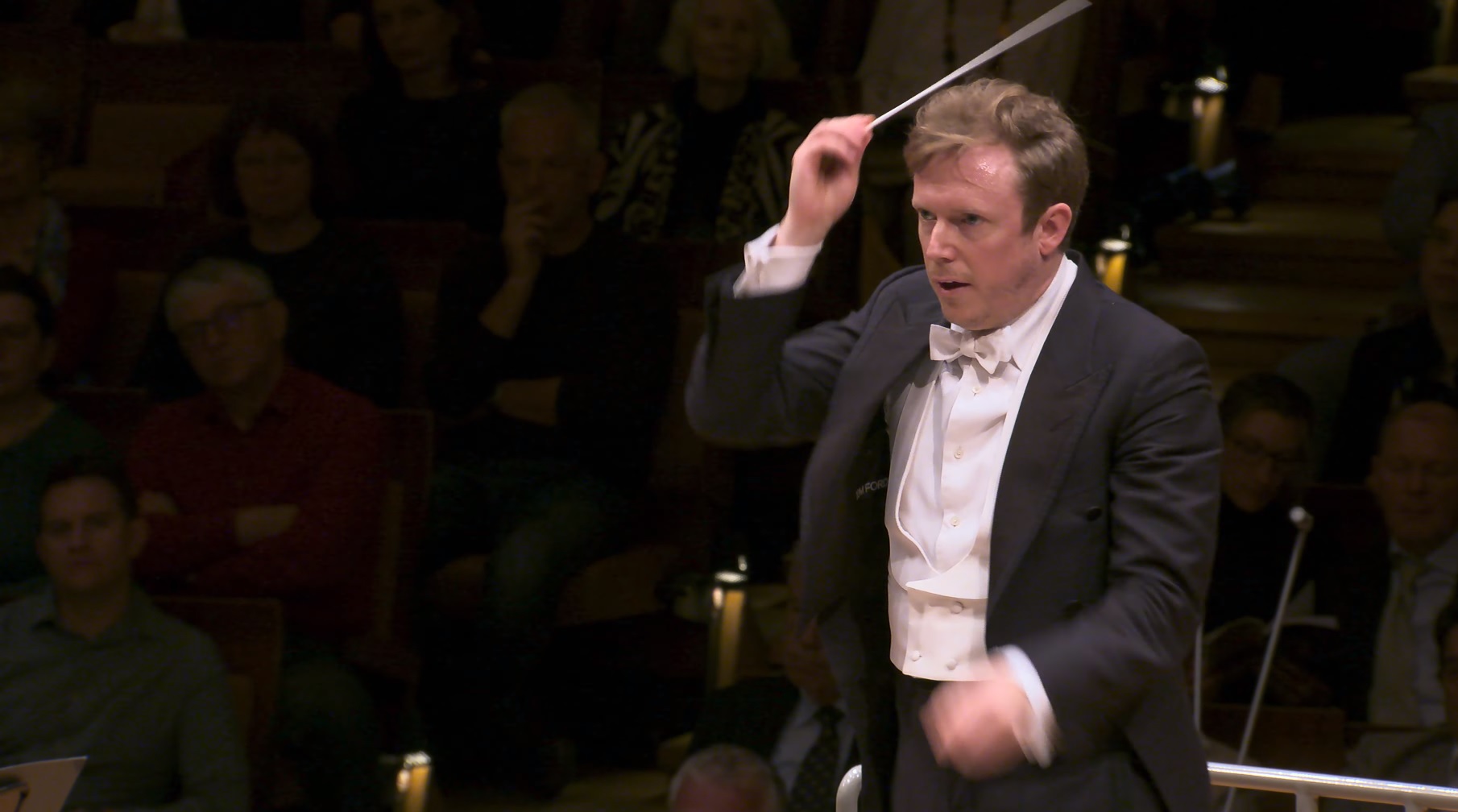
In September 2019 – the final month of my residency in Berlin – I was invited to two concerts of the Berliner Philharmoniker. Having been to every single one of their performances since I arrived in Berlin in the summer of 2018, I thought I had already experienced everything in relation to this exceptional and one-of-a-kind orchestra, and its state of the art concert hall. How wrong was I!
On September 13th, Walter Küssner, a leading senior musician of the Berliner Philharmoniker and someone I greatly admire, tempted me to attend his orchestra’s concert that evening, with the promise that he would provide me with an all-accessing backstage pass and a ‘special’ ticket that I would not have seen before. The concert only featured one piece – Hector Berlioz’s rarely-performed and little-known Romeo and Juliet, a dramatic large-scale choral symphony based on the Shakespearean play of the same name. Needless to say, I was intrigued by both Küssner’s invitation and a musical work that I had never heard before, and decided to drop everything I had planned that evening and head to the Philharmonie instead.
I have been to the backstage of the Philharmonie many times, but this was the first time I visited during a concert evening. It was a genuine pleasure to be meeting the musicians of the Berliner Philharmoniker, some I had already been acquainted with and some I was shaking hands with for the first time. While these musicians all looked so serious and were utterly focused on stage, they were relaxed, affable and most sociable backstage, drinking (non-alcoholic beverages, of course), eating, chatting and joking around.
Mr. Küssner handed me a ticket and told me that allowed me to sit anywhere I wished. Wherever I saw an empty seat in the concert hall, I could just sit down, irrespective of whether that was in the priciest or cheapest section. The only rule was, I had to give up my seat if someone holding a ticket for that specific seat appeared. Since the concert that evening had around 60 free seats available, Mr. Küssner was confident that I could find a seat with ease. If somehow all those seats were filled in the last minute, I would not need to leave the concert hall and just had to stand at the back to enjoy the performance.
I managed to find one of the most expensive seats in the Philharmonie and proceeded to thoroughly enjoy the performance, conducted by British conductor Daniel Harding, a 44-year-old baby-faced genius with unbelievable and astonishing talent, vision and skills. After the current concert season, Harding, a qualified commercial aviator, would take a sabbatical and become a pilot for Air France. I can only hope that he would not be too hooked by flying. The world of classical music needs Harding, one of the most popular conductors with leading orchestras around the globe.
A week later, the Berliner Philharmoniker offered me a press ticket to review a concert of theirs. This was the first time that I was accredited as an official critic, and to honour this occasion, I dressed in the most casual manner (T-shirt and jeans) possible. I have accompanied several of my critics friends in Hong Kong and in the UK to concerts and met many others in concert halls. They all had one thing in common: never did they wear formal clothes or suits, which I am sure was contrary to popular belief and to the portrayals in Hollywood movies. Indeed, I sometimes wondered if the experienced critics had just arrived from a picnic or a hiking trip, seeing that they were in shorts and occasionally even flip flops…

Sitting on a posh seat, I had the pleasure to revel in young Finnish conductor Santtu-Matias Rouvali’s debut with the Berliner Philharmoniker. Despite his slightly eccentric manner on the rostrum and highly unconventional techniques (which reminded me of Jukka-Pekka Saraste, a seasoned Finnish maestro), Rouvali’s interpretation of Sibelius’s First Symphony was original and led to fresh discoveries, with a tasty palette of tone, an immense fluidity of the sonorities and immaculate colour amalgamation between the instrumental sections. Rouvali melded skill and charisma on stage, conducted with poise and perception, and ensured that every musical note was presented with clarity and eloquence. It is a rare occurrence to leave a concert hall feeling a composer’s presence must have been sitting on the stage, nodding in approval, but this was one such occasion. Rouvali also introduced to the audiences selections from Uuno Klami’s Kalevala Suite, a rarely performed work featuring profound lyricism, inventiveness and rhapsodic spontaneity, as well as a carousel of romantic colour and character.
German-Japanese pianist Alice Sara Ott was the soloist in this concert, and her techniques were formidable, popping all the tricky notes of Ravel’s Piano Concerto in G major into place. However, her playing severely lacked expressiveness, sensitivity and elegance, in addition to ambiguous phrasings and a dubious use of rubato. Dispatching the concerto in an agonisingly slow tempo, Ott failed to provide any excitement, elation and thrill to a jazzy, energetic piece.


